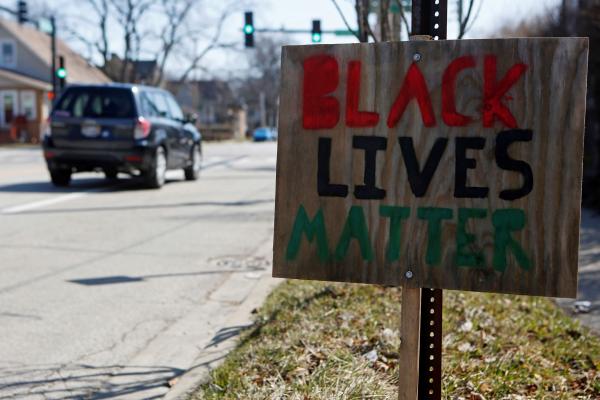Aug 4, 2021
Talking about reparations in church inevitably brings up theological and economic questions. Sometimes these questions are asked in good faith. Other times, these questions are based on myths that need to be deconstructed.
Read the Full Article

Already a subscriber? Login
